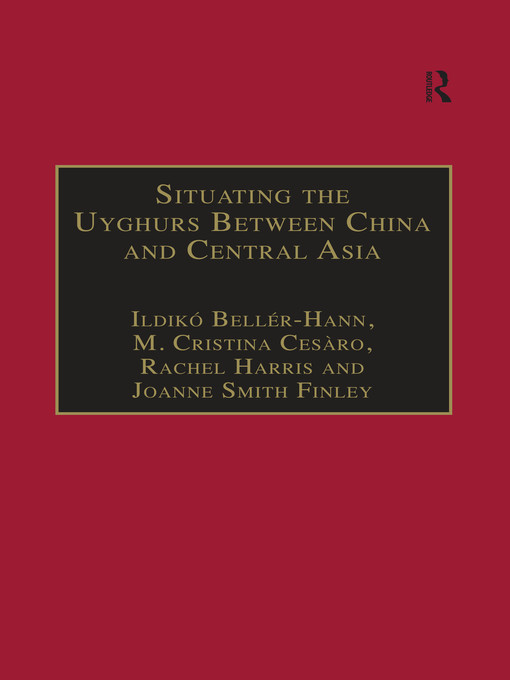
-
Creators
-
Series
-
Publisher
-
Release date
December 14, 2016 -
Formats
-
Kindle Book
-
OverDrive Read
- ISBN: 9781351899895
- File size: 4408 KB
-
EPUB ebook
- ISBN: 9781351899895
- File size: 4408 KB
-
-
Accessibility
-
Languages
- English
Why is availability limited?
×Availability can change throughout the month based on the library's budget. You can still place a hold on the title, and your hold will be automatically filled as soon as the title is available again.
The Kindle Book format for this title is not supported on:
×Read-along ebook
×The OverDrive Read format of this ebook has professional narration that plays while you read in your browser. Learn more here.